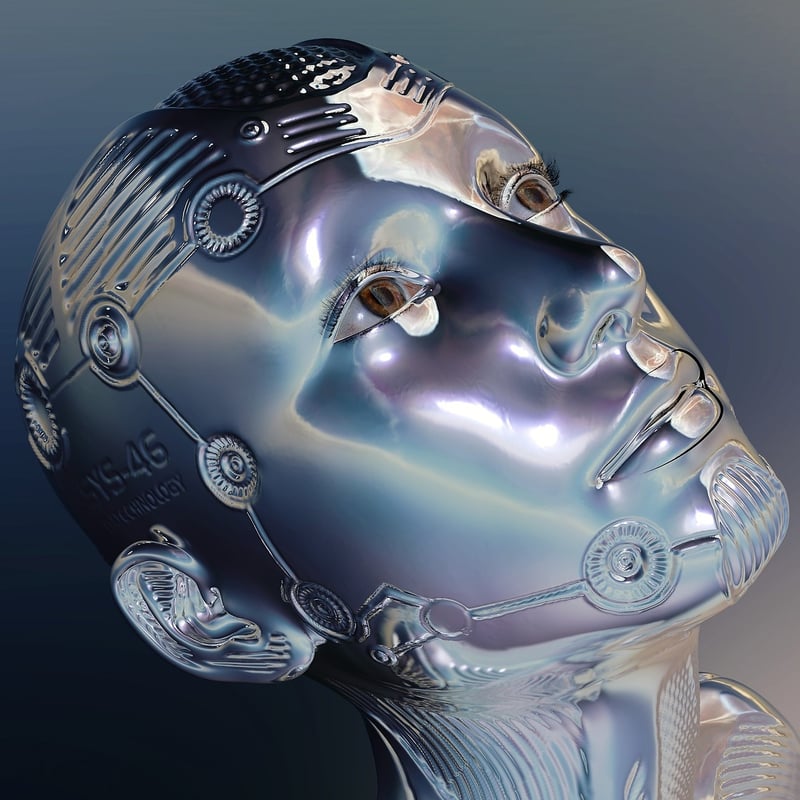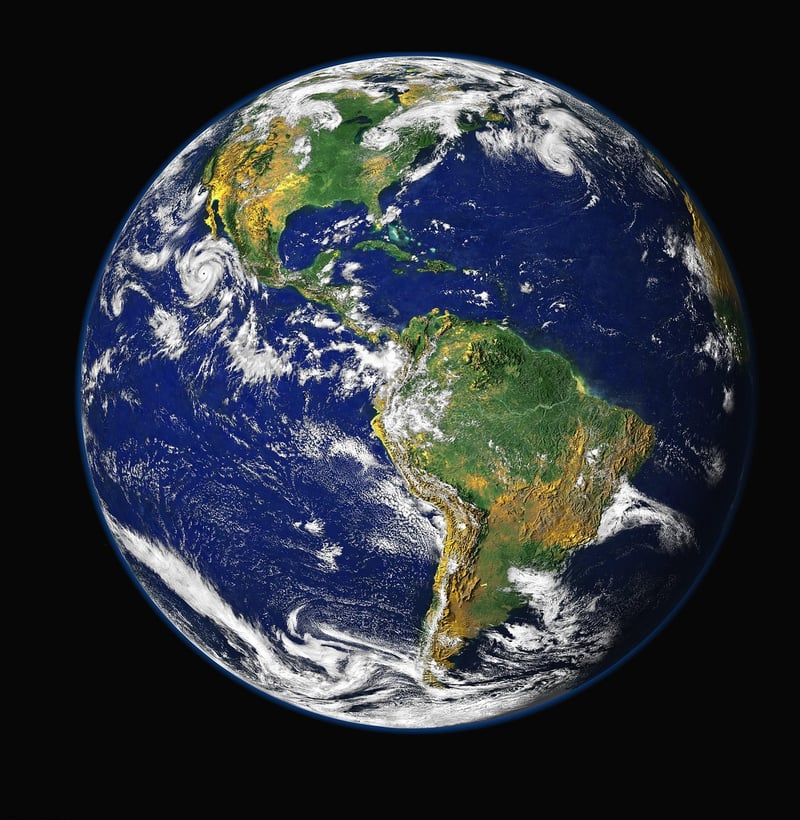Future Visions
Literary Inspirations + Future Visions
Welcome to a world where literature meets the future, where the imagination of writers transcends time and space to envision what lies ahead. In this exploration, we delve into how literary works have inspired and shaped our visions of the future, from dystopian landscapes to technological marvels.
Exploring Dystopian Realms
One of the most prevalent themes in literature that influences our perceptions of the future is the concept of dystopia. Authors like George Orwell with "1984" and Aldous Huxley with "Brave New World" have painted grim pictures of societies ruled by oppressive governments and advanced technologies that control every aspect of human life. These works serve as cautionary tales, warning us of the dangers of unchecked power and loss of individuality.

Envisioning Technological Marvels
On the flip side, literature has also inspired visions of technological advancements that could revolutionize our future. Works like Isaac Asimov's "Foundation" series and Philip K. Dick's "Do Androids Dream of Electric Sheep?" explore the possibilities of artificial intelligence, space exploration, and human-robot interactions. These futuristic concepts push the boundaries of our imagination and challenge us to consider the ethical implications of technological progress.

Reflecting on Environmental Concerns
Environmental issues have also found a place in literature, influencing our understanding of the future of our planet. Books like Margaret Atwood's "Oryx and Crake" and Kim Stanley Robinson's "New York 2140" depict worlds ravaged by climate change and ecological disasters. These works serve as wake-up calls, urging us to take action to preserve our environment and prevent catastrophic consequences.

Embracing Hope and Innovation
Despite the dark portrayals of the future in many literary works, there are also stories that offer hope and inspire us to strive for a better tomorrow. Books like Octavia Butler's "Parable of the Sower" and Ernest Cline's "Ready Player One" envision worlds where innovation, resilience, and human connection triumph over adversity. These narratives remind us of the power of imagination and the potential for positive change.

As we navigate the complexities of the present and look towards the unknown future, let us draw inspiration from the rich tapestry of literary works that offer insights, warnings, and possibilities. In the realm where literature meets future visions, the possibilities are endless, and the stories we tell today may very well shape the world we inhabit tomorrow.
